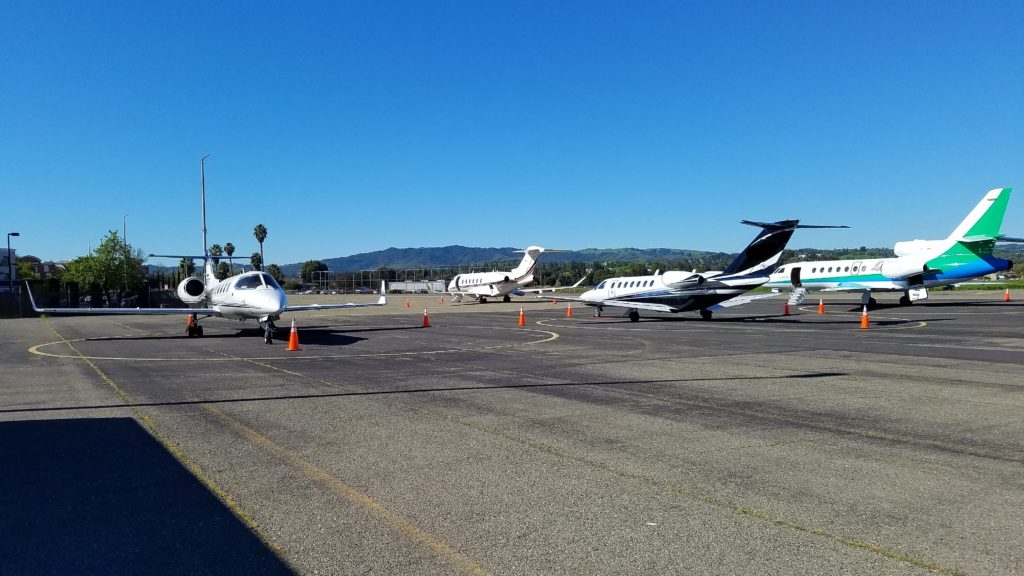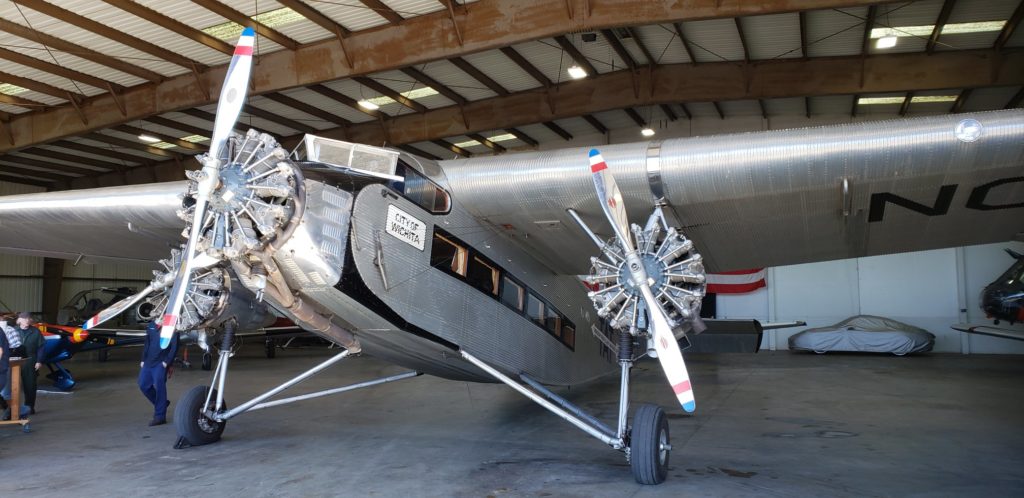Specialty Spotlight: Aviation Services

Any aircraft owner requires services like fueling, hangaring and maintenance. Photo: Pacific States Aviation ©2019
Owning an aircraft may be a luxury, but it’s also a big responsibility. Not only does an aircraft need to be properly stored, it must also be regularly inspected and maintained to comply with legally mandated safety standards. Furthermore, an aircraft operator must earn their pilot’s license and keep it current. And then there’s fueling, parking, repairs…the list goes on.
In order to meet these various needs, aircraft owners need to find one or more aviation service providers. Read on to learn more about the different types of aviation services and providers.
Types of Aviation Services
Flight academy
One of the first aviation services any aircraft operator needs is flight training. Flight academies offer different levels of instruction, from basic flight training for private aircraft operators to advanced instruction for commercial pilots. For flight schools that are certified by the Federal Aviation Administration (FAA), the level of training capability is typically reflected in the Federal Aviation Regulations (FARs) section to which they adhere. FARs Part 61 flight schools are geared more toward individual aircraft owners, whereas FARs Part 141 schools are capable of providing more advanced, career-oriented pilot training programs. FARs Part 141 schools must also have FAA-approved curriculum and adhere to minimum standards regarding their facilities and student performance levels.

One type of aviation service all aircraft owners need is maintenance, repair and overhaul (MRO). Photo: Pacific States Aviation ©2019
Maintenance, repair and overhaul (MRO)
MRO services run the gamut from routine inspections to airframe repairs to complete overhaul of piston engines. These services are typically provided by an aircraft repair station. When choosing a repair station, ask if it’s certified by the FAA. Because of their affiliation, FAA Certified repair shops are held to a higher standard than the average and must adhere to minimum requirements. “For example, a FARs 145 repair station’s mechanics are licensed to work on airframes and aircraft power plants,” says Ammar Nazir, Director of Maintenance and Chief Inspector at Pacific States Aviation. “That license is granted by the FAA, so there’s an added measure of confidence that comes with that.” FAA Certified aircraft repair stations are also required to have complete and current technical data, quality system processes, and properly calibrated tools.
Fixed-base operator (FBO)
An FBO is an organization that’s permitted to operate at an airport and provide a variety of services for aircraft owners, including fueling, hangaring, tie-down and parking, and concierge services (coordination of ground transportation, hotel accommodations, etc.). FBOs originated in the mid-20th century to accommodate the growing number of aircraft owners who needed these types of services while traveling.
Some full-service FBOs also provide flight training and MRO services. While this kind of “one-stop shop” FBO can certainly be convenient, it’s important to verify that all aspects are being conducted in accordance with industry standards. After all, when it comes to aviation, there’s no room for shortcuts, so make sure you’re getting the very best the industry has to offer.